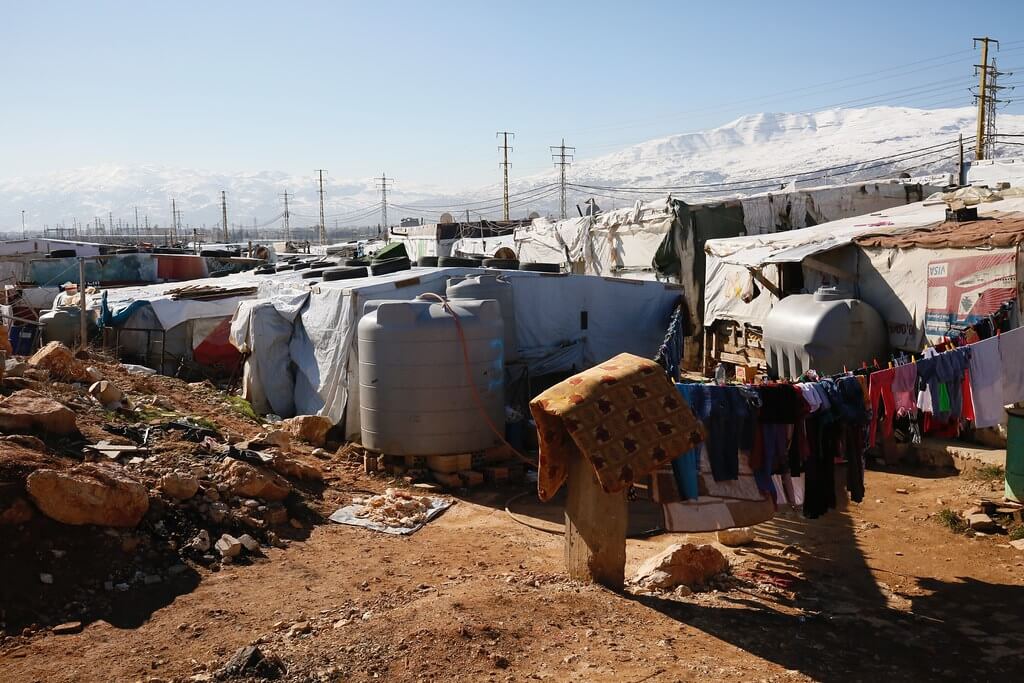In a 52 page report, Amnesty documented the torture and arbitrary detention of 26 Syrian refugees, including 4 children, in Lebanon.
The report includes interviews with current and former detainees, detailing their abuse by Lebanese security forces between the years 2014 – 2021. While a few were detained on terrorism-related charges, security forces did not notify the refugees as to why they were being detained, neither were they permitted to contact family or lawyers. It is stated that most of the abuse cases were carried out at Ablah military intelligence centre, the General Security office in Beirut or at the Ministry of Defence.
Amnesty’s statement documents shocking human rights violations in several instances. Detainees commented that the types of abuse replicated some of the same techniques used in Syria’s prisons.
Torture methods such as ‘flying carpet’ (being pressed between a foldable board), ‘shabeh’ (being suspended from the wrists and beaten), and ‘balango’ (being suspended for hours with tied wrists) were used on refugees in order to get confessions. Detainees also report the use of metal sticks, electrical cables, and plastic pipes for consistent beatings.
Marie Forestier, Researcher on Refugee and Migrants Rights at Amnesty International, commented that:
“At every stage, from arrest through to interrogation, detention and prosecution in unfair trials, the Lebanese authorities have utterly disregarded international human rights law”.
Furthermore, the legal trials of the detainees have not met international standards. The evidence presented in court was weak and often extracted under coercion. The refugees were tried in Lebanon’s military court which is another violation of human rights since under international law, governments are prohibited from using military courts to try civilians.
Nasser, a refugee sentenced to three years’ imprisonment for belonging to a terrorist group stated:
“The investigators beat me, they forced me to admit I was a member of Jabhat al-Nusra and Daesh [the Arabic acronym for Islamic State]. Then they forced me to put my fingerprint on the [interrogation] report. Since I was handcuffed and blindfolded, they took my hand for the fingerprint. They beat me before so I didn’t resist when they took my hand.”
While Lebanon has passed an anti-torture law in 2017, it has consistently failed to implement it; the treatment of Syrian refugees demonstrates the necessity of this law. Amnesty reports that in at least three cases, orders were given to forcibly deport refugees back to Syria despite international law prohibiting states from sending refugees back to a country in which they would suffer human rights violations. In addition, 14 of the refugees with terrorism-related charges were targeted for their political affiliations. Expressing political opposition to the Syrian government was considered as enough evidence for terrorism charges.
Karim, a journalist, who was detained for eight days at the Beirut General Security office stated
“They asked me whether I was with or against Bashar al Assad. I said I was against him. They beat me harder.”
At the end of their report, Amnesty calls on the Lebanese government to put an end to the arbitrary detention and torture of Syrian refugees and implores them to implement their anti-torture law, allowing all refugees fair trials.

